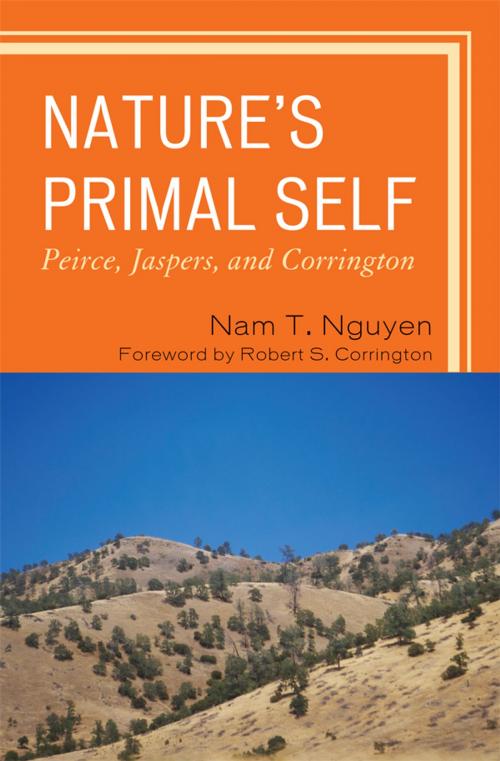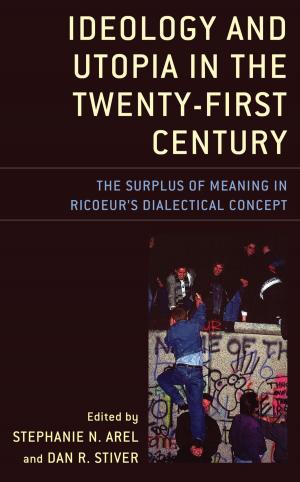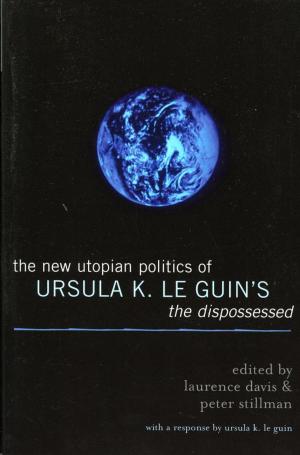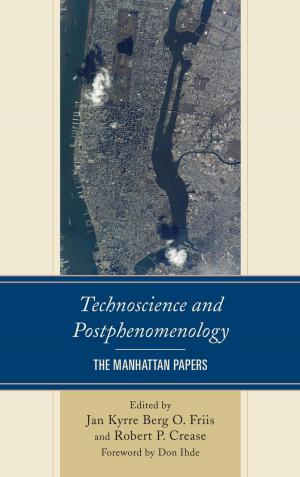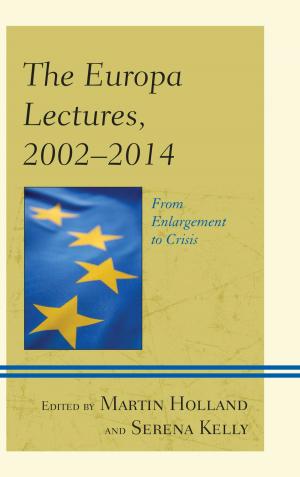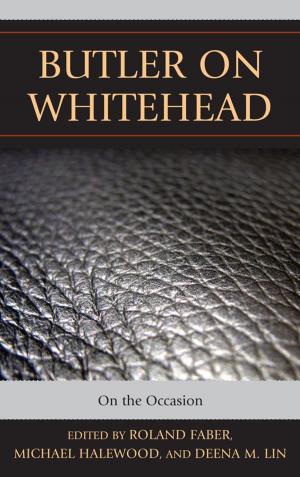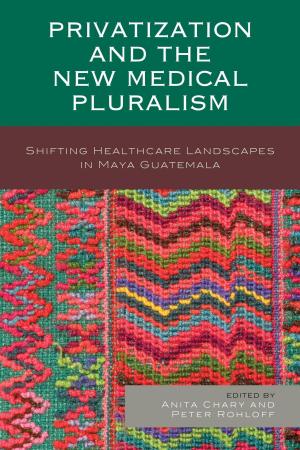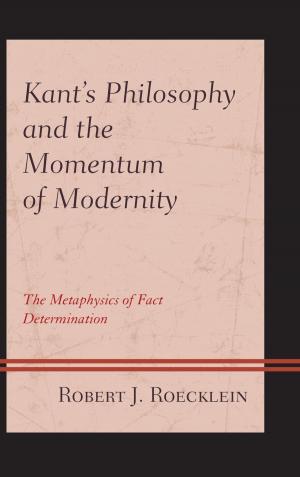Nature's Primal Self
Peirce, Jaspers, and Corrington
Nonfiction, Religion & Spirituality, Philosophy, Epistemology, Metaphysics, Mind & Body| Author: | Nam T. Nguyen | ISBN: | 9780739150429 |
| Publisher: | Lexington Books | Publication: | December 28, 2011 |
| Imprint: | Lexington Books | Language: | English |
| Author: | Nam T. Nguyen |
| ISBN: | 9780739150429 |
| Publisher: | Lexington Books |
| Publication: | December 28, 2011 |
| Imprint: | Lexington Books |
| Language: | English |
Nature’s Primal Self examines Corrington’s thought, called “ecstatic naturalism,” in juxtaposition to both C. S. Peirce’s pragmatic and semiotic concept of the self and Karl Jaspers’ existential elucidation of Existenz. Peirce’s and Jaspers’ anthropocentrism is thus corrected by Corrington’s ecstatic naturalism. Ecstatic naturalism, as a new movement, is both a semiotic theoretical method and a metaphysics that probes deeply into the ontological divide between nature naturing and nature natured. Author Nam T. Nguyen attempts to achieve three goals: first, to present and elucidate the underlying philosophical concepts of Charles Peirce, Karl Jaspers, and Robert Corrington; second, to critique the anthropocentric self of Peirce’s semiotic pragmatism and of Jaspers’ existential anthropology (periechontology) from the standpoint of ecstatic naturalism; and third, to introduce the concept of nature’s primal self, radically grounded in the perspective of ecstatic naturalism, as a judicious, more encompassing, and richer framework compared to Peirce’s semiotic construction of the self and Jaspers’ existential concept of Existenz.
Nature’s Primal Self examines Corrington’s thought, called “ecstatic naturalism,” in juxtaposition to both C. S. Peirce’s pragmatic and semiotic concept of the self and Karl Jaspers’ existential elucidation of Existenz. Peirce’s and Jaspers’ anthropocentrism is thus corrected by Corrington’s ecstatic naturalism. Ecstatic naturalism, as a new movement, is both a semiotic theoretical method and a metaphysics that probes deeply into the ontological divide between nature naturing and nature natured. Author Nam T. Nguyen attempts to achieve three goals: first, to present and elucidate the underlying philosophical concepts of Charles Peirce, Karl Jaspers, and Robert Corrington; second, to critique the anthropocentric self of Peirce’s semiotic pragmatism and of Jaspers’ existential anthropology (periechontology) from the standpoint of ecstatic naturalism; and third, to introduce the concept of nature’s primal self, radically grounded in the perspective of ecstatic naturalism, as a judicious, more encompassing, and richer framework compared to Peirce’s semiotic construction of the self and Jaspers’ existential concept of Existenz.
